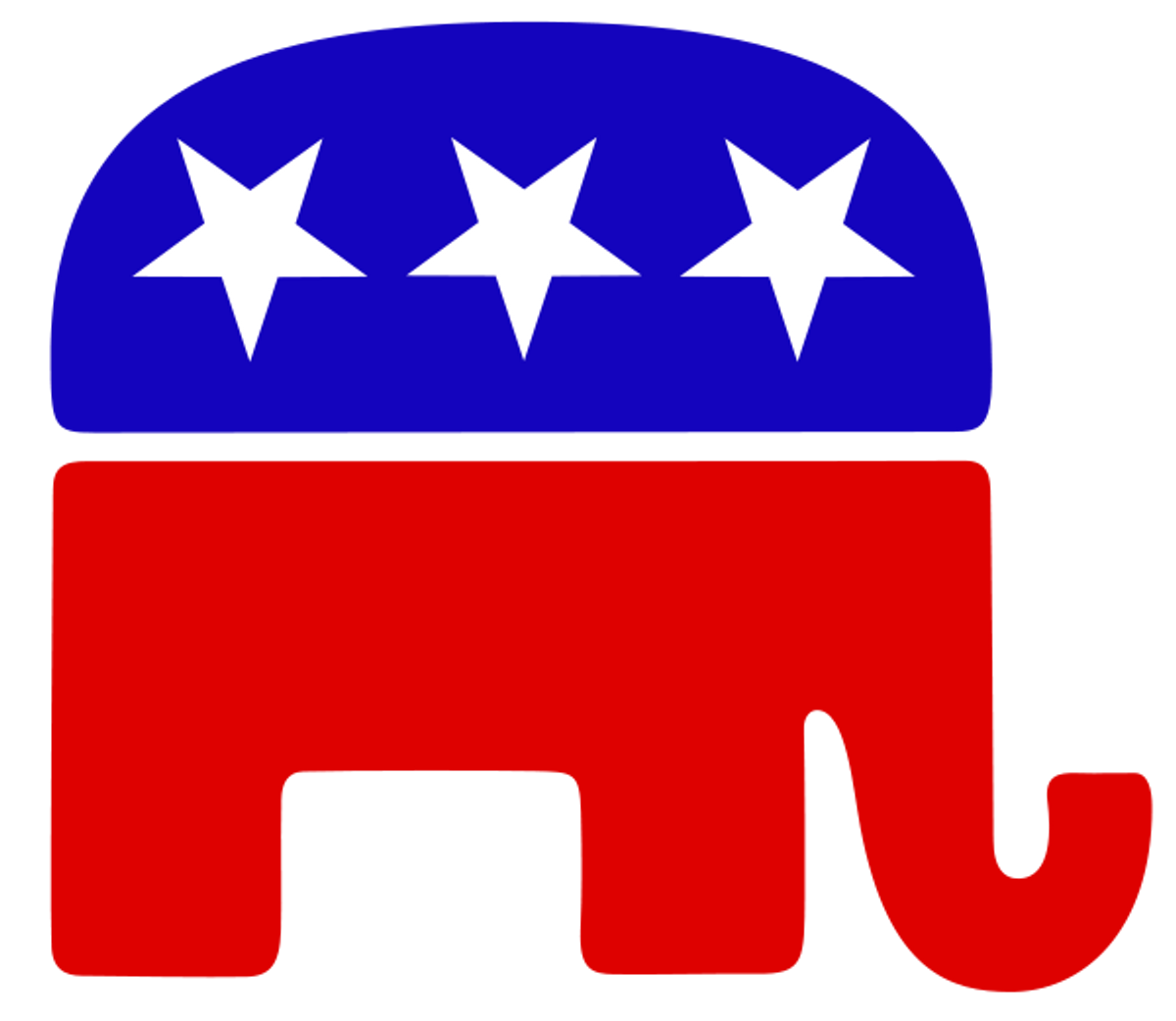A new study in the American Journal of Political Science looked at the relationship between fear and political ideology, and it found that people who experience higher levels of fear tend to be more politically conservative than those who are less predisposed to feeling afraid. While the researchers emphasized that their findings in no way suggest that every conservative is more fearful than every liberal, the study did identify a relationship between a fearful disposition and increased support for anti-immigrant and other segregationist policies.
"It's not that conservative people are more fearful; it's that fearful people are more conservative," Rose McDermott, professor of Political Science at Brown University and co-author of the study, said in a press release.
Now, it's probably important to insert a big caveat here.
As the study's co-author Peter Hatemi, associate professor of Political Science, Microbiology and Biochemistry at Penn State, told Chris Mooney at Mother Jones: "Nothing is all genes or all environment." But together, these things make us who we are.
So researchers looked at environmental and biological factors in related individuals to gauge the relationship between fear and ideology, and the findings do suggest a strong correlation:
Using a large sample of related individuals, including twins, siblings, and parents and children, the researchers first assessed individuals for their propensity for fear using standardized, clinically administered interviews. Looking at subjects who were related to one another, the researchers were able to identify influences such as environment and personal experience and found that some individuals also possessed a genetic propensity for a higher level of baseline fear. Such individuals are more prepared to experience fear in general at lower levels of threat or provocation.
The research indicates a strong correlation between social fear and anti-immigration, pro-segregation attitudes. While those individuals with higher levels of social fear exhibited the strongest negative out-group attitudes, even the lowest amount of social phobia was related to substantially less positive out-group attitudes.
But biology isn't the final word on which column you check off on election day; education plays a huge role. Not only that, but our politics can evolve over time. As we experience more of the world and gain exposure to different cultures, people who are different than ourselves can become, well, less scary, researchers say.
“In this way, the definition of unfamiliar may shift across time and location based on experience and education, and a genetically informed fear disposition is hardly permanent or fixed,” according to the study.
So rather than creating an immutable link between biology and ideology to forever bind us to a single party, the study actually suggests that people can change overtime, overcome their natural predispositions and maybe even come around to new political ideas.
Now, what are the odds of the 113th Congress getting a hold of this report?

Shares